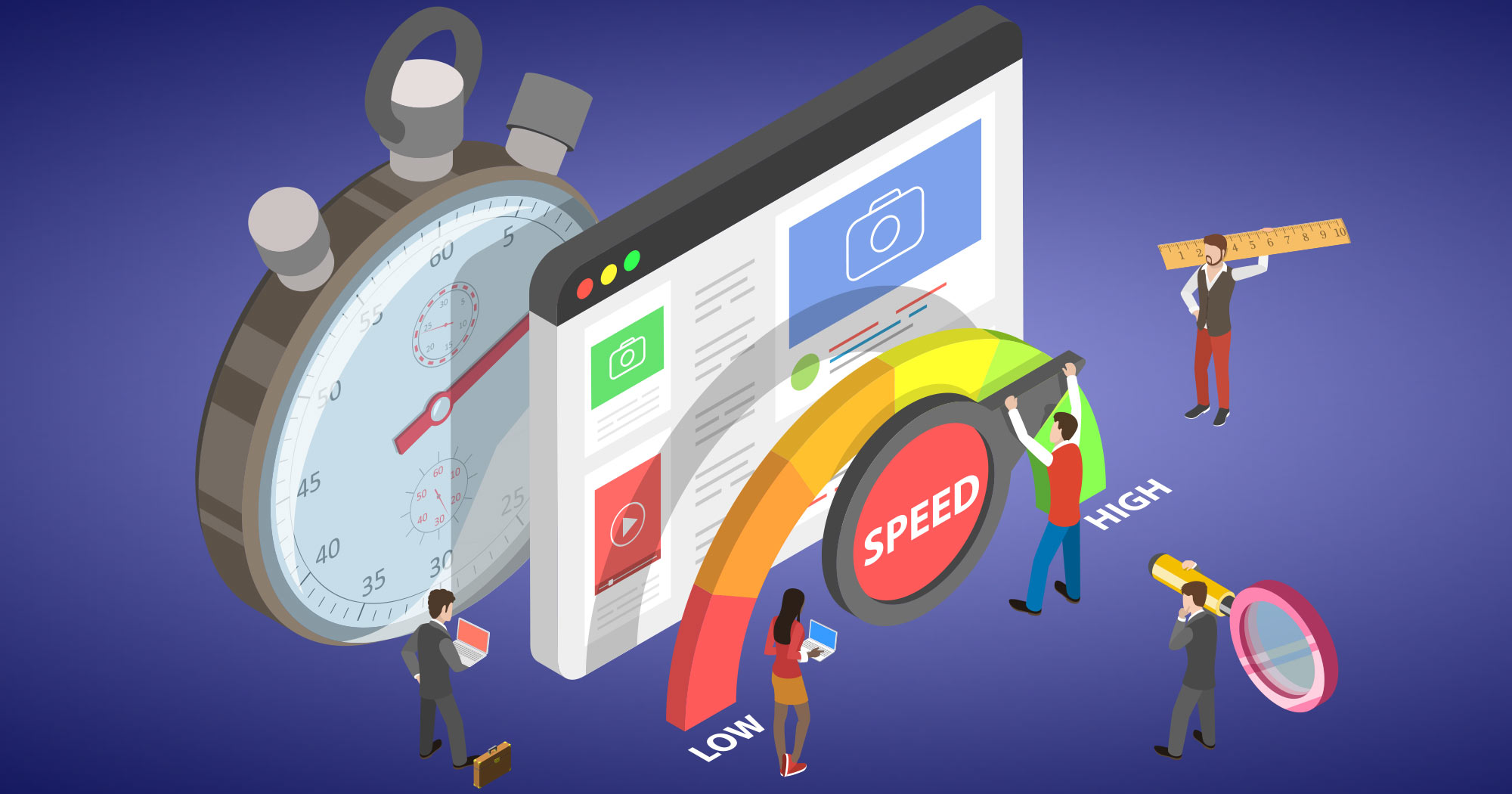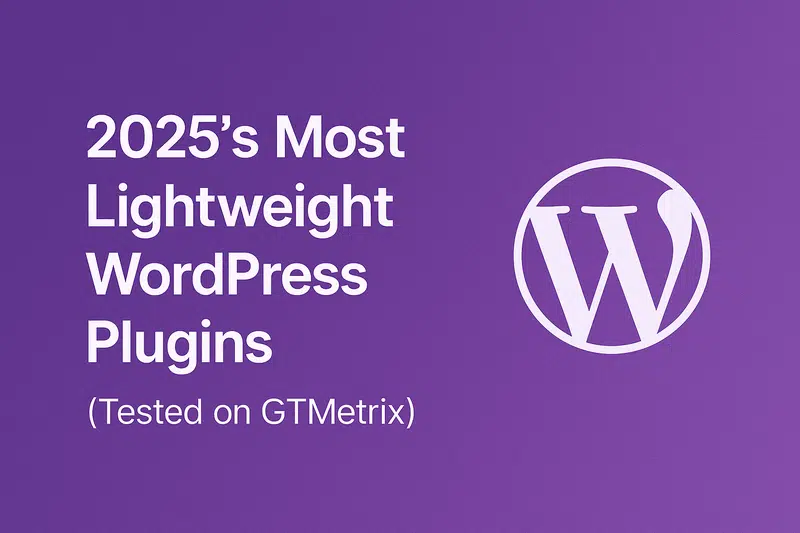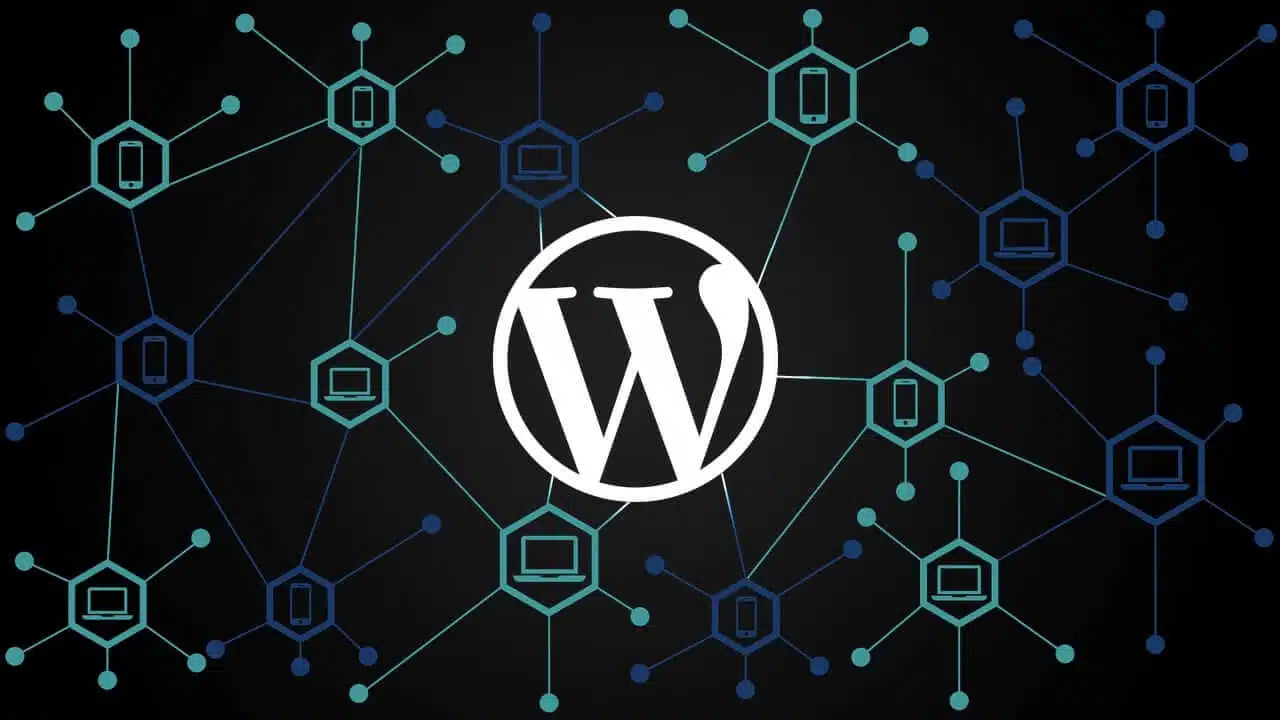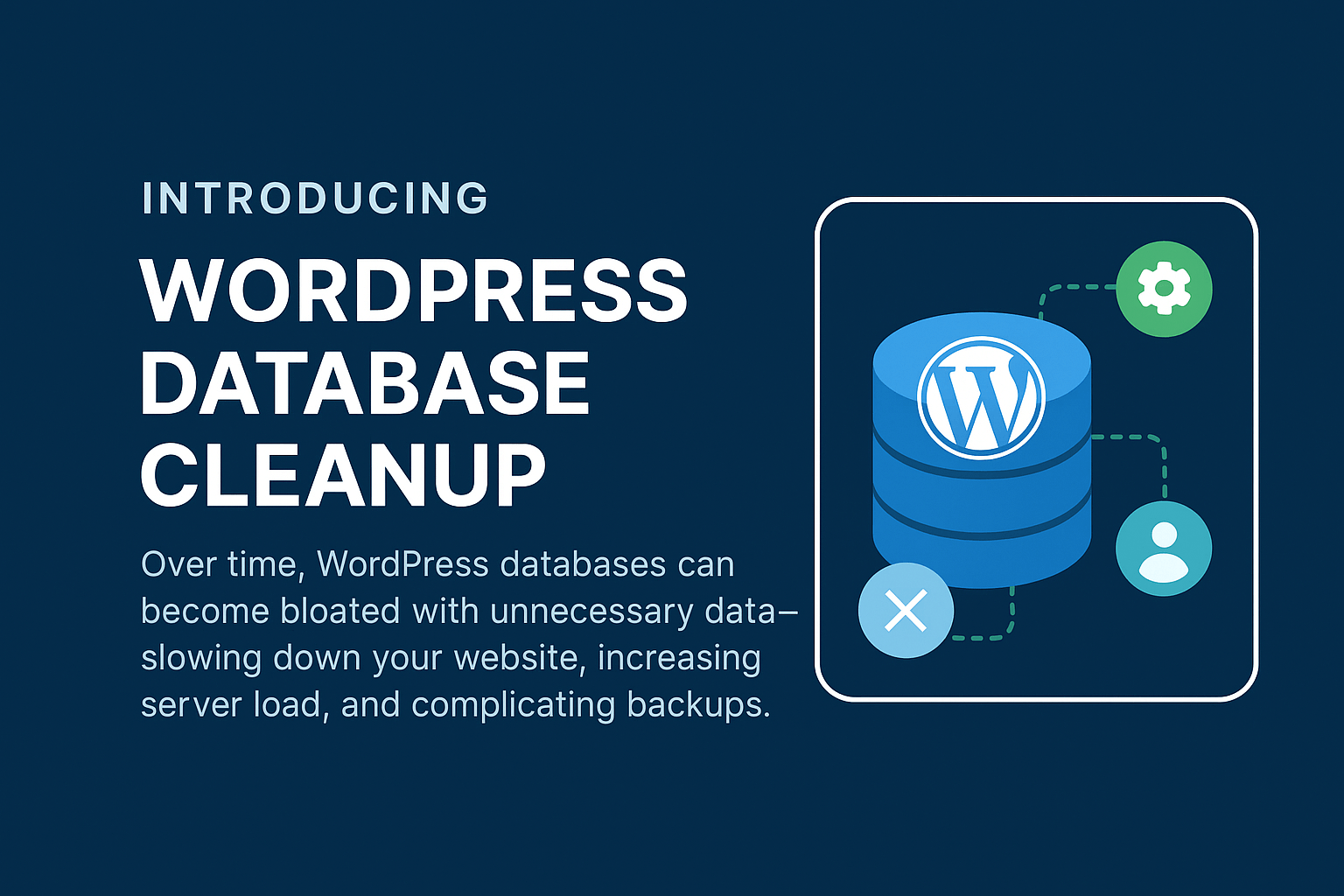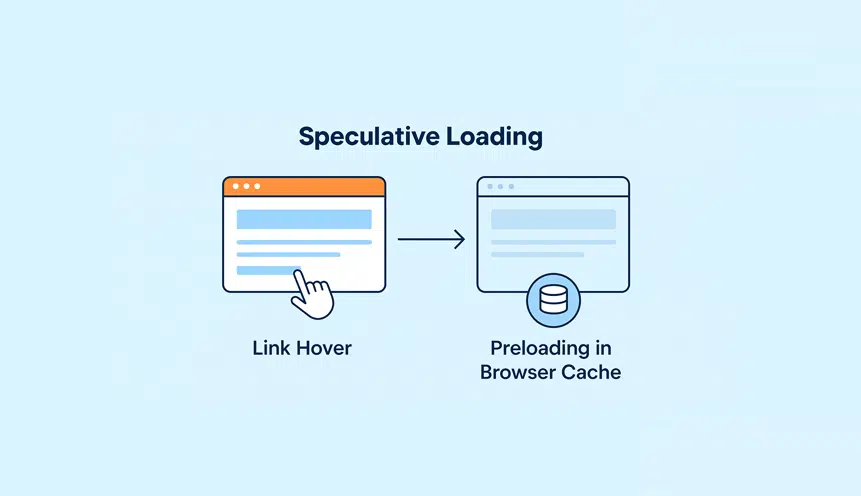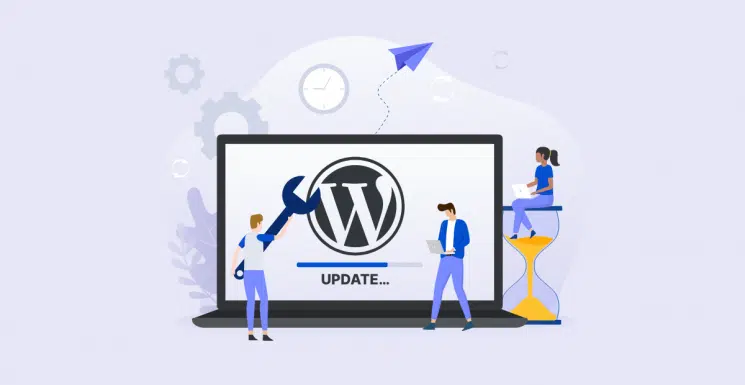WordPress Security Breach: Steps to Protect Your Website from Infection
Introduction:
In recent years, WordPress has become one of the most popular content management systems (CMS) for building websites. However, its widespread usage has also attracted the attention of hackers and cybercriminals. WordPress security breaches can occur due to various vulnerabilities, including outdated software, weak passwords, and insecure plugins. To safeguard your website and protect it from such infections, it is crucial to implement effective security measures. This article will provide a comprehensive guide on steps to protect your website from WordPress security breaches along with a FAQ section addressing common concerns.
1. Update WordPress and Plugins:
Regularly updating your WordPress core and plugins is fundamental in ensuring website security. Hackers often exploit vulnerabilities in outdated versions of WordPress or outdated plugins. By keeping your CMS and plugins up to date, you ensure that you have the latest security patches and bug fixes, which significantly reduces the risk of a security breach.
2. Use Strong Passwords:
Weak passwords are an open invitation for hackers to gain unauthorized access to your website. Using strong, unique passwords for all user accounts, including administrators, is crucial. Make sure your passwords incorporate a combination of uppercase and lowercase letters, numbers, and special characters. Additionally, utilizing a password manager can help you generate and securely store complex passwords.
3. Secure File Permissions:
File permissions play a crucial role in protecting your website from unauthorized access. Ensure that the file permissions for your WordPress files and directories are set correctly. Directories should have a permission level of 755, while files should be set to 644. Avoid granting unnecessary write permissions to files and directories to minimize the risk of unauthorized modifications.
4. Install Security Plugins:
WordPress offers a wide range of security plugins that can enhance the overall security of your website. These plugins provide features such as firewall protection, malware scanning, login security, and more. Popular security plugins include Wordfence, WP Fix it Security, and iThemes Security. Carefully review and choose the plugins that best suit your website’s needs.
5. Disable File Editing:
By default, WordPress allows administrators to edit theme and plugin files from the dashboard. However, leaving this option enabled can be a security risk. Hackers can exploit this feature to inject malicious code into your website. To disable file editing, add the following code to your wp-config.php file:
define(‘DISALLOW_FILE_EDIT’, true);
This prevents any changes to themes and plugins from the WordPress dashboard.
6. Implement Two-Factor Authentication:
Two-factor authentication (2FA) adds an extra layer of security to your website by requiring users to provide two forms of identification to log in. This typically includes a password and a unique code sent to the user’s mobile device. Enabling 2FA greatly reduces the risk of unauthorized access, even if a hacker manages to obtain a user’s password.
7. Regularly Backup Your Website:
Having a current backup of your website is essential in case of a security breach or any other website issues. Regularly backup your WordPress database, themes, plugins, and media files, and store them securely offsite. This ensures that you can quickly restore your website to a previous state if necessary, minimizing downtime and potential data loss.
FAQs:
Q1. Are free security plugins effective in protecting my website?
A1. While there are many free security plugins available, they can still provide a level of protection for your website. However, paid security plugins often offer more advanced features and dedicated support. Assess your website’s needs and budget to determine which option suits you best.
Q2. How frequently should I update WordPress and plugins?
A2. It is recommended to update WordPress core and plugins as soon as new updates become available. Keeping your website consistently up to date ensures that you have the latest security patches and protects your website from known vulnerabilities.
Q3. Does disabling file editing affect my ability to make changes to my website?
A3. Disabling file editing does not affect your ability to make changes through the WordPress dashboard. However, it prevents hackers from modifying crucial theme and plugin files in case they gain unauthorized access to your admin account.
Q4. How often should I backup my website?
A4. Regularly backing up your website depends on your website’s update frequency. As a general rule, it is recommended to backup your website at least once a week. However, if you make frequent updates or run an e-commerce site, consider increasing the frequency to daily or real-time backups.
Conclusion:
Protecting your WordPress website from security breaches is essential to safeguard your data, reputation, and visitors’ trust. By following the steps outlined in this article, you significantly reduce the risk of a security breach. Stay proactive, stay updated, and implement the necessary security measures to ensure a secure online presence for your website. Remember, investing in security measures is far more cost-effective than dealing with the aftermath of a security breach.
Post Summary:
WordPress has become a popular content management system, but it has also attracted hackers. To protect your website, it is important to update WordPress and plugins regularly to fix vulnerabilities. Using strong passwords and securing file permissions are also important. Installing security plugins, disabling file editing, and implementing two-factor authentication add additional layers of protection. Regularly backing up your website is crucial in case of a security breach. Free security plugins can help, but paid plugins offer more advanced features. It is recommended to update WordPress and plugins as soon as updates become available and backup your website at least once a week.





